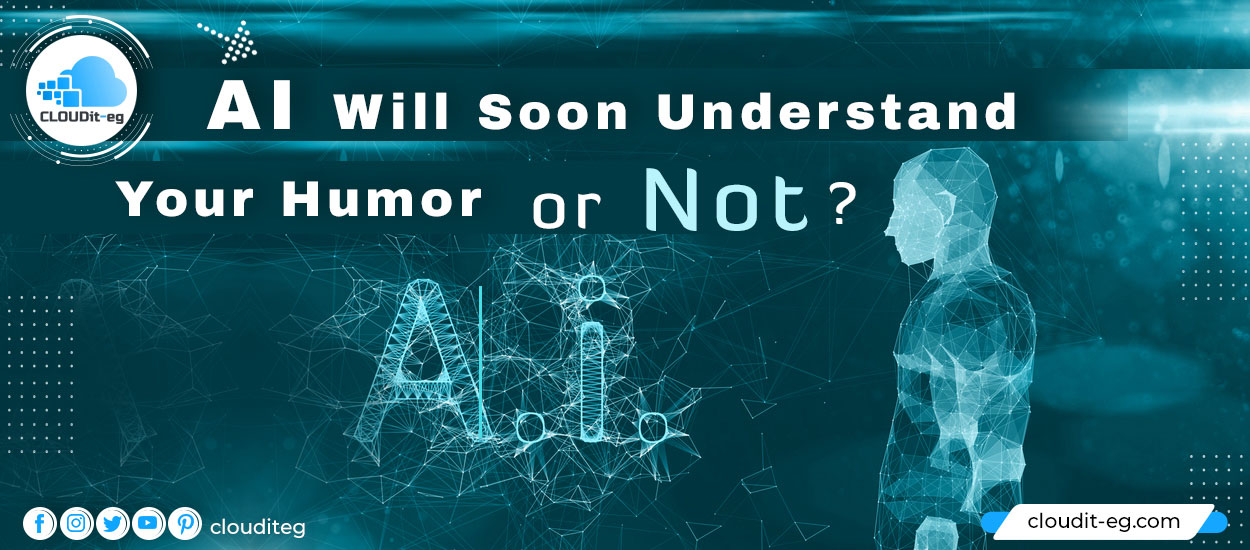In the relatively near future, Artificial Intelligence may be able to understand human humor. However, this will require directing scientific research towards a more human-centered AI. This is what Fei-Fei Li, professor at Stanford University, suggests.
Is your particular sense of humor not understood by everyone? Are you used to long moments of embarrassed silence after each of your jokes? If so, good news: your life could soon change thanks to artificial intelligence.
Currently, as Professor Fei-Fei Li of the Computer Science Department at Stanford University explains:
AI unfortunately is not able to understand human humor. However, the next generation of algorithms might be able to grasp the subtlety of your puns and other funny stories.
During an online conference organized this week by Zebra Medical Vision, the expert explains that current technology is not capable of “deep and nuanced reasoning” to understand humor.
This is why Li believes it is necessary to take a different, more human-centered approach to artificial intelligence. Research must take into account the human impact of AI and must aim to increase the capacities of people rather than replace them. To do this, it must be directly inspired by human intelligence.
Human-centered artificial intelligence is essential to avoid its dangers
This will not only allow artificial intelligence to understand the notion of humor but also to solve problems such as the widening of the generational gap in the use of machines, the loss of jobs, bias, or threats to privacy…
A human-centered AI would make it possible, in particular, to remedy the problem of facial recognition bias, which generates racial discrimination. To do this, it is necessary to develop artificial intelligence capable of interacting with its environment.
Currently, artificial intelligence is “static, driven by simple reward functions“. On the contrary, human intelligence is “dynamic, multisensory, complex, uncertain and interactive“.
To be able to understand and interact with human behavior, AI will need to benefit from more active perception and interaction with the real world. If the research manages to take that direction, the AI will finally be able to understand your jokes. It remains to be seen if she will find them funny …




